

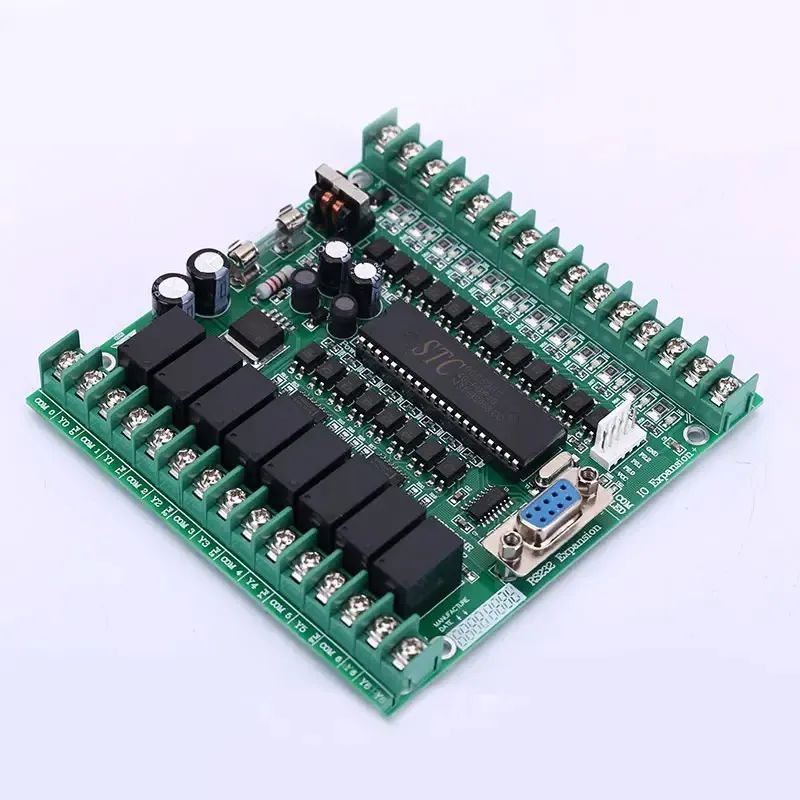
What is Embedded Systems?
Why Learn Embedded Systems?
1、Embedded technology, as part of industrial control, differs from traditional industrial control. It involves human-machine interaction, communication and control logic, CNC lathes, various processing equipment, industrial manufacturing robots, etc., which are core technologies. Since it belongs to industrial control and can solve practical problems in these areas, why not learn it?
2、New concepts such as the Industrial Internet of Things (IoT), edge computing products, and even Industry 4.0 are emerging concepts, and embedded knowledge is the foundation of these. Why not learn it?
3、Embedded systems are a boon for those in a technology drought. By delving into the technical underpinnings, you can master the actual operational logic and core technologies. If you are a geek or a tech enthusiast, come learn embedded systems;
4、If your boss wants to develop a control system and assigns it to you, you must know how;
5、Securing a place in new technologies. When I was on a business trip to Foxconn in Chengdu, I found that the technical support for embedded industrial systems was mostly from Koreans and Japanese. Currently, many embedded professionals are from consumer electronics, and there is a shortage of personnel interfacing with industrial applications, while demand is high. We can learn first and secure our position;
6、High demand. Searching for industrial automation on Baidu yields 77.2 million results, while searching for embedded in industrial IoT yields 38.9 million.
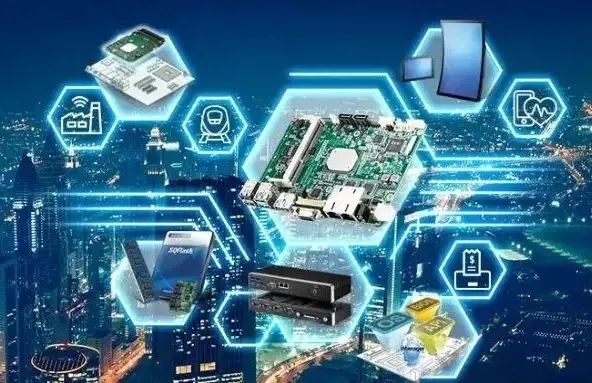
What are the Advantages of Embedded Systems?
1、Embedded systems respond to the national push for industrial IoT and Industry 4.0, which may be the next trend;
2、Technological updates can be addressed using embedded development boards, allowing for self-development and greater flexibility;
3、Cost savings by avoiding technical binding of complete products;
4、Higher salaries. Generally, entry-level salaries in the embedded industry range from 8k to 15k, averaging around 10k, with more experience leading to higher pay;
5、Compact equipment; one board can be used, which can be mailed or upgraded without the need for business trips;
6、Broader employment prospects. Embedded systems are not only used in industrial applications and consumer electronics but also encompass the insurance, medical, financial, automotive navigation, and smart agriculture sectors.
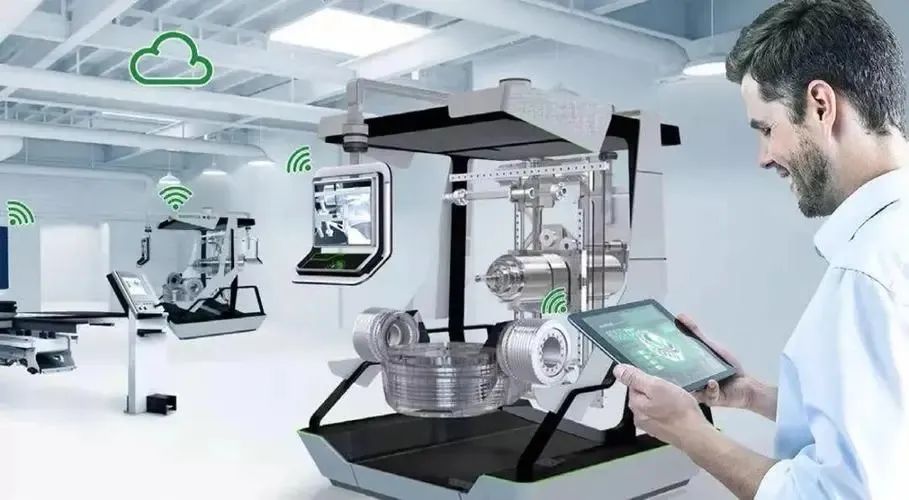
Who is Suitable for Learning Embedded Systems?
-
If you have mastered traditional industrial control technology and want to deepen your skills…
-
If you are interested in the underlying technology…
-
If you love to explore…
-
If your boss assigns you a task that requires learning…
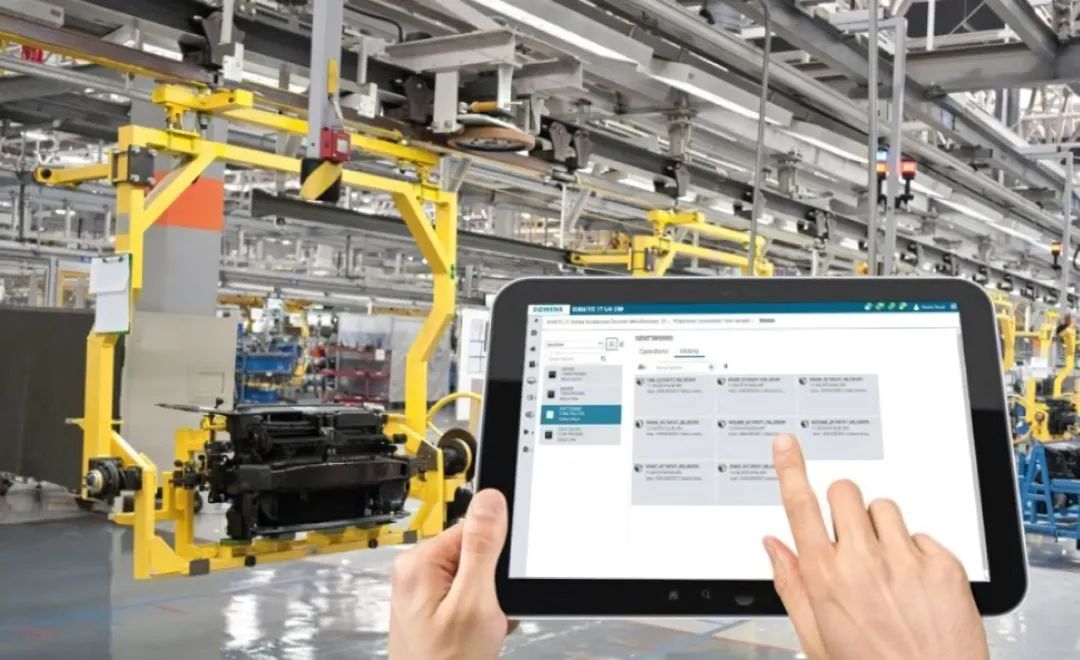

Is Learning Difficult?

1、Embedded systems are also a branch of electrical engineering automation. If you have experience with project processes, learning embedded systems is equivalent to mastering a new skill that will enhance your project completion;
2、Learning embedded systems has certain prerequisites, such as knowledge of basic tools like C/C++.
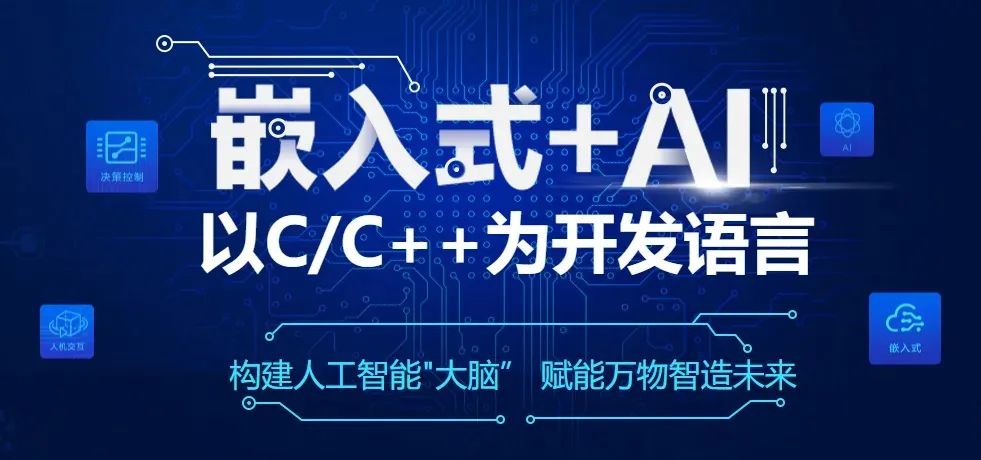

What Can You Do After Learning?

1、In industrial applications, you can achieve cost reductions and independently develop control modules, making functionality very flexible;
2、Even outside of industrial applications, you can work in consumer electronics, smart terminals, automotive, medical, and other sectors, offering a wide range of options.
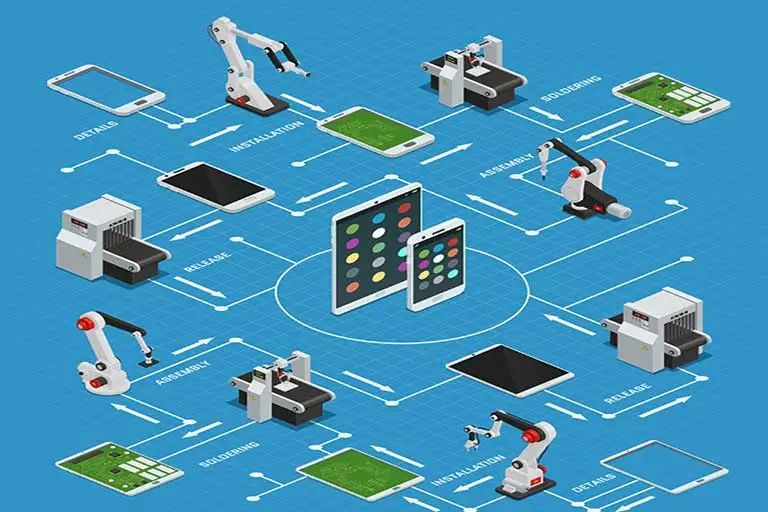

What Are the Advantages of Learning at Jicheng?

1、External training institutions focus more on smart living directions, such as human sensors, color light control, drones, remote controls, etc. In contrast, Jicheng’s courses are more targeted towards the industrial IoT direction, covering variable frequency control, visual recognition, servo control, etc.;
2、External knowledge systems are lengthy, with course planning following a linear approach, leading to long cycles. Many people forget the foundational knowledge by the time they reach the final project. Jicheng’s course system packages courses by projects and foundational topics, modularizing them, and directly integrating foundational knowledge into project explanations. When a project involves foundational content, you can directly open the foundational course to find related details. This approach allows foundational knowledge to be applied directly, closely integrating with practical projects for deeper retention;
3、Most external courses are offline, requiring full-time attendance. Jicheng offers online courses, allowing for more flexible learning without the need for full-time commitment, and at a lower price.
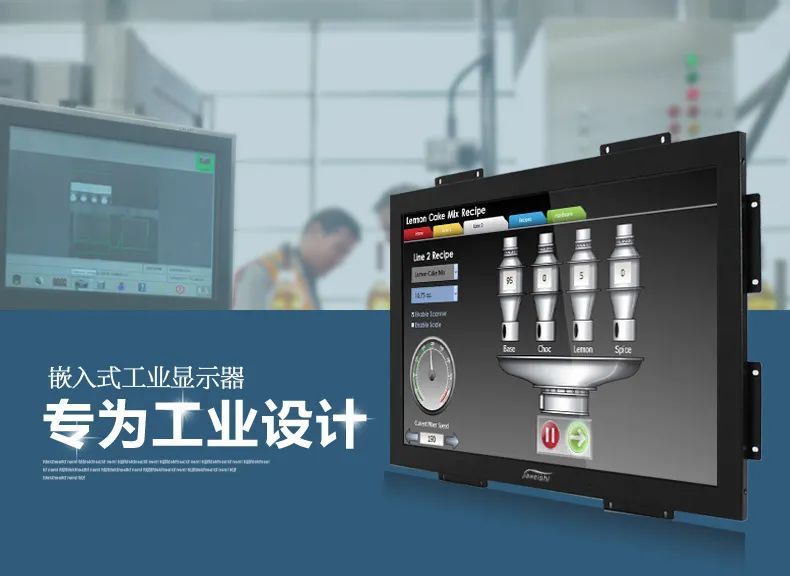

Future Outlook of Jicheng Courses

1、Achieve independent development and application of commonly used module hardware for product replacement;
2、Address data processing issues related to OPC-UA, SCADA, and wireless interconnectivity;
3、Implementing HarmonyOS for IoT;
4、Jicheng courses focus on embedded SoC, which is more complex than traditional microcontrollers and offers higher playability; microcontroller courses will also be expanded later.

To understand everyone’s needs for learning embedded systems and to customize more comprehensive course content, we sincerely invite you to fill out this survey. Your valuable feedback is crucial to us, and we greatly appreciate your participation~


(Scan to fill out)
